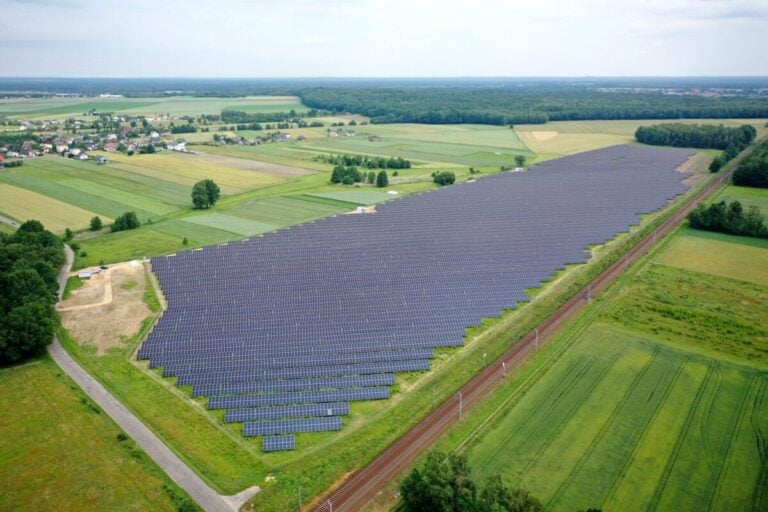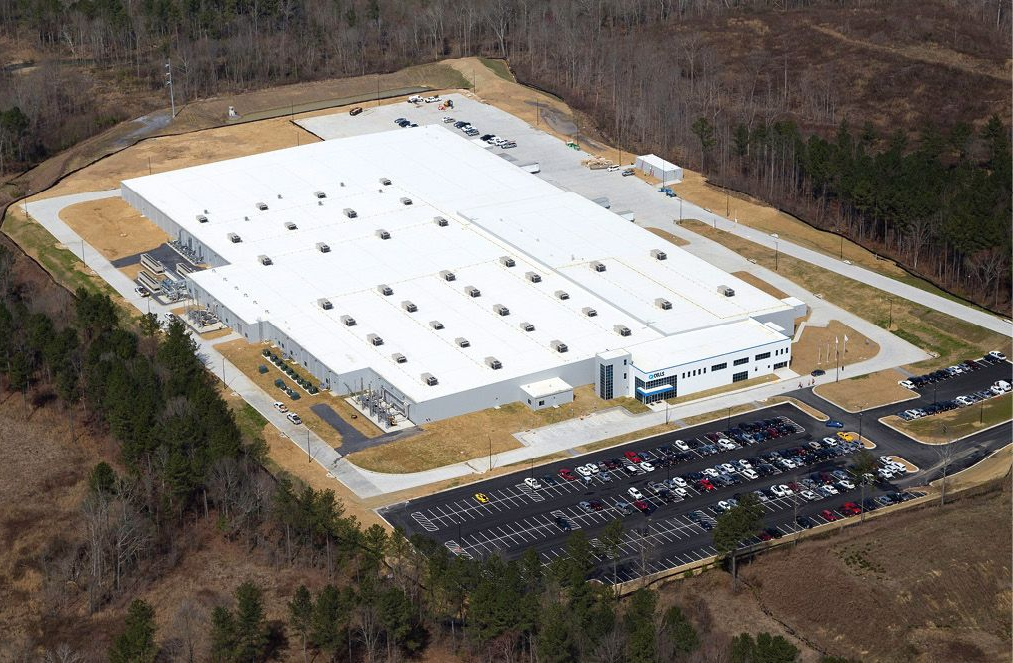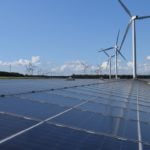Latest
Solar output in Poland, Hungary, Czechia and Slovakia has grown sixfold since 2019. Image: Emeren Group.
Solar power generation in Central Europe has grown at more than twice the EU average rate since 2019, according to new figures.
A study published by think-tank Ember found that the cumulative solar output of Czechia, Hungary, Poland and Slovakia has increased more than sixfold since 2019, from 5TWh to 29TWh, outstripping the EU’s 2.5-fold increase.
This article requires Premium Subscription Basic (FREE) Subscription
Already a subscriber? Sign In
Try Premium for just $1
Full premium access for the first month at only $1
Converts to an annual rate after 30 days unless cancelled
Cancel anytime during the trial period
Premium Benefits
Expert industry analysis and interviews
Digital access to PV Tech Power journal
Exclusive event discounts
Or continue reading this article for free
Hungary, for example, is a global leader, Ember said, with solar contributing nearly 25% of its electricity in 2024. Over the hot summer months of 2025 this rose to over 40%.
In Poland, solar generation grew 0.7TWh in 2019 to 15TWh in 2024, an increase of more than twentyfold. In 2022, Poland recorded the third-highest solar capacity additions in the EU.
In 2023 Czechia installed over 1GW of new PV for the first time since 2010, and by 2024, solar output had risen to nearly double its 2019 levels.
Meanwhile, Slovakia, which has faced lengthy policy challenges such as an eight-year grid moratorium, has begun to accelerate, adding 274MW in 2024 after minimal growth before that.
The growth comes in spite of these countries’ comparatively modest solar potential, below-average GDP and political challenges, the report said.
A common factor in the four countries’ progress on solar is the shuttering of coal power plants. Hungary, for example, halved its coal share between 2019 and 2024, from 6% to 12%, while Slovakia closed its last dedicated coal plant in 2024.
Ember said the four countries’ success in phasing out coal and replacing it with solar could serve as a blueprint for other countries still over-reliant on coal generation.
“Central Europe demonstrates that coal-dependent nations can change course and achieve notable renewable gains. With the right policies, the region could turn this momentum into a competitive edge and even surpass its Western neighbours in clean energy deployment,” said Ember policy advisor, Tatiana Mindeková.
But their future success will depend on continued political support, and some dark clouds are gathering on this front, Ember said.
Hungary, for example, has seen a fall-off in residential PV installations after changing its net metering system in 2023 to a net billing scheme. On the utility-scale side, the country has few new projects in the pipeline, and no new grid-connection permits have been issued for two years.
Collectively the four countries’ renewables targets fall below the average of other EU member states.
“Although declining solar costs and high energy prices may continue to drive solar installations, closing the gap with EU targets will require stronger political commitment,” Ember said.
For details on our 2025 Large Scale Solar Central and Eastern Europe conference in Warsaw in November, click here.
Large Scale Solar Central and Eastern Europe continues to be the place to leverage a network that has been made over more than 10 years, to build critical partnerships to develop solar projects throughout the region.
Returning for its 14th edition, Large Scale Solar Europe is the essential meeting point for solar leaders across Europe. The event brings together developers, IPPs, investors, and policymakers to address critical challenges and accelerate solar’s pivotal role in achieving Europe’s Net Zero by 2050 goals.
Read Next
Colombian energy supplier Celsia is seeking more than US$1.2 billion in investment to build wind and solar generation projects in Peru.
ACME Venus Urja has secured INR3.8 billion (US$43 million) to develop and construct a solar-plus-storage project in Barmer, Rajasthan.
Founder Group has won a RM10 million (US$2.3 million) engineering, procurement, construction and commissioning contract for a 30MW solar plant in Malaysia.
German renewable energy developer ib vogt has signed a 70MW solar PV virtual power purchase agreement (vPPA) in Romania.
Madison Energy Infrastructure has raised US$800 million to accelerate the deployment of clean energy assets across the US.
Constant Energy has secured THB300 million (US$9.4 million) in green financing from HSBC to expand large-scale solar and battery storage projects in Thailand.
Subscribe to Newsletter
Most Read
Upcoming Events
https://www.pv-tech.org/solar-growth-in-central-european-countries-outstrips-eu-average-as-coal-declines/





